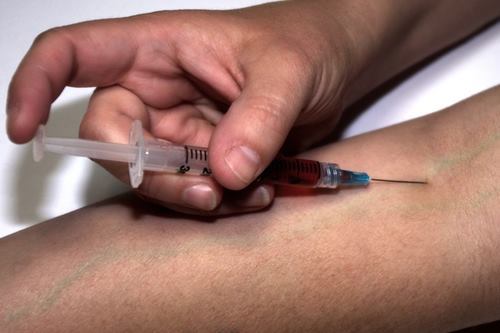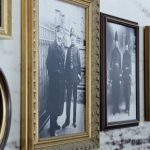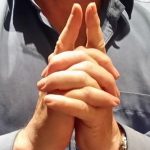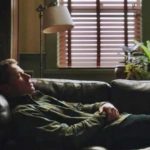Blood Needle Phobia
Hemophobia Fear of Blood, Injury, Medical procedures
Blood Needle Phobia
Fear of medical things. Fainting at the sight of blood
Blood Needle phobia, or more exactly the Blood-Injection-Injury phobia, is different from all other phobias. With most phobias, some event triggers a fight or flight reaction. That in turn causes anxiety, fear, raised blood pressure and possible dizziness. In a client with fear of blood, the opposite happens. Instead of the usual increase in heart rate and increased blood pressure the person's heart rate and blood pressure falls. This makes them feel faint, and they may in fact lose control and faint.
The blood/needles/injury phobia is the only phobia that causes actual fainting, as opposed to just feeling faint. However, people can faint for other reasons. To be confident it is a blood phobia (Hemophobia) the fainting needs to have happened multiple times and be always associated with some medical event.
Origin of the Fear of Blood
This phobia is believed to have a physiological component and tends to run in families. There is some doubt as to whether the tendency is genetic, or is a learned response from seeing other people react badly to blood, injection or injury.
Most people with this phobia try to avoid medical situations. The problem is of course, that like other phobias they develop an increased sensitivity. This means that even thinking about a medical procedure, or seeing one on TV will cause a reaction, and this then causes them to remember times when the lost it completely, which then makes them more anxious about losing control again, and they begin to panic and then to react to their own panic.
That cycle of fear then often develops into a social phobia. The person feels faint quite easily and develops a fear of the possibility of losing control and fainting in public, rather than fear of the blood itself. As the anxiety of looking stupid in public increases every little twinge sets off a feeling of alarm that feeds back on itself. This cycle can continue and grow until the person's life is quite severely affected. Very often the person is aware of their needle phobia or fear of blood, but have no idea that it is related to their social anxiety.
How to deal with Fear of Blood or Needles
Dealing with it consists of isolating each phobia and dealing with them separately. The blood/injury phobia is the easiest to deal with. The solution is to teach the person to become aware of the onset of the symptoms, and how to keep their blood pressure up. This will prevent the faint from developing, and will show them that they can control their tendency to pass out. The phobia cannot be dealt with directly, but by controlling the symptoms, they can control their reaction. Once the client realizes that they actually can control what happens, this gives them a tremendous boost in self confidence. This in turn will stop the anxiety escalating every time something medical goes through their mind, and that in turn will reduce the tendency to over-react in future.
CASE STUDY ON BLOOD NEEDLE PHOBIA
| History | A client came to see me about social anxiety. He was about to start a new job. The job is highly prestigious work. He had spent years working towards this appointment. He is terrified that he will get so anxious that he will faint in front of his new colleagues, and then lose the job. I asked him if he had ever fainted and he told me that he had fainted about every two years since he was four years old. Now, the only thing with a psychological cause that makes you faint is blood/needles/injury phobia, so I was intrigued. I asked him about the fainting and sure enough, every instance was related to something medical. His last one was a year ago when he fainted in his doctor's office when he was being shown an x-ray of his own chest.He also said that there were hundreds of other situations where he felt faint, and where he felt more and more anxious if he thought that he could not get away easily. | ||
| After more discussion I established that he in fact had two issues. He had the medical phobia, and he had a more generalized anxiety of looking silly in public by panicking. | Problem | ||
| - - - - - - - - - - - - - | |||
| [The rest of this case is in the Healing Scripts collection] | |||
| - - - - - - - - - - - - - |
HLTH11
Special offers
Combine the Healing
Scripts with other
collections and save.
Some half price!









